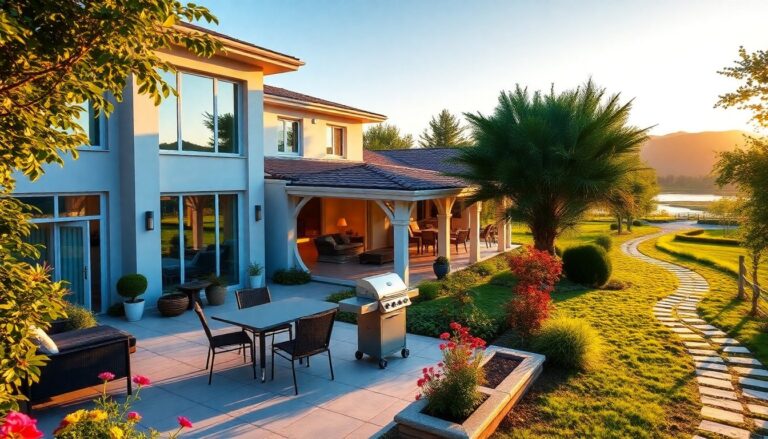Purchasing a second home is an exciting venture, whether intended for personal enjoyment or as an investment. This journey requires careful consideration and planning to align decisions with your financial goals.
This article examines key factors to evaluate when buying a second property, including advantages, potential challenges, and practical
strategies for success.
The Benefits of Investing in a Second Home
An additional property can serve multiple purposes. Primarily, it can generate income if you choose to rent it out. Renting to tourists or long-term residents can provide substantial passive income, particularly during peak seasons.
Furthermore, platforms like Airbnb have simplified the renting process, enabling homeowners to earn money while covering maintenance costs. This flexibility positions a second
home not only as a retreat but also as a viable financial asset.
Location Matters
Choosing the right location is critical when investing in a second property. Assessing rental demand, local attractions, and overall living conditions in the area is essential. A location with high tourist traffic or a thriving community can significantly enhance your investment’s success.
Conducting thorough market research is necessary to understand property prices, growth trends, and occupancy rates. By comparing various
locations, you may discover lucrative opportunities in less competitive markets.
Financial Considerations for Your Second Home
Financing is a vital aspect of purchasing a second home. Most buyers rely on mortgages or loans to fund their purchase. It is prudent to explore various financing options and compare terms from different lenders to identify the best fit for your financial situation.
Be aware that loans for second homes often come with higher interest rates and different down payment requirements compared to primary residences. Understanding these differences will enable better financing decisions.
Budgeting for Your Investment
Establishing a clear budget is essential. Beyond the purchase price, consider ongoing costs such as property taxes, maintenance expenses, and any applicable homeowners association (HOA) fees. A comprehensive financial plan allows you to anticipate and manage these ongoing commitments.
If you plan to rent out your second home, account for potential income fluctuations during off-peak seasons. This foresight can prevent financial strain and ensure a sustainable investment.
Managing Your Second Home Effectively
This article examines key factors to evaluate when buying a second property, including advantages, potential challenges, and practical strategies for success.0
This article examines key factors to evaluate when buying a second property, including advantages, potential challenges, and practical strategies for success.1
Legal and Documentation Requirements
This article examines key factors to evaluate when buying a second property, including advantages, potential challenges, and practical strategies for success.2
This article examines key factors to evaluate when buying a second property, including advantages, potential challenges, and practical strategies for success.3
Conclusion: A Strategic Approach to Buying a Second Home
This article examines key factors to evaluate when buying a second property, including advantages, potential challenges, and practical strategies for success.4
This article examines key factors to evaluate when buying a second property, including advantages, potential challenges, and practical strategies for success.5

